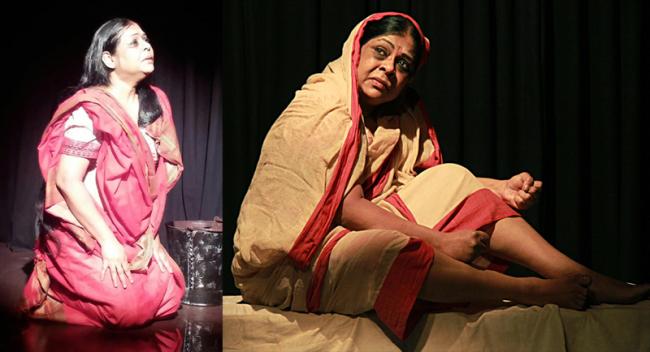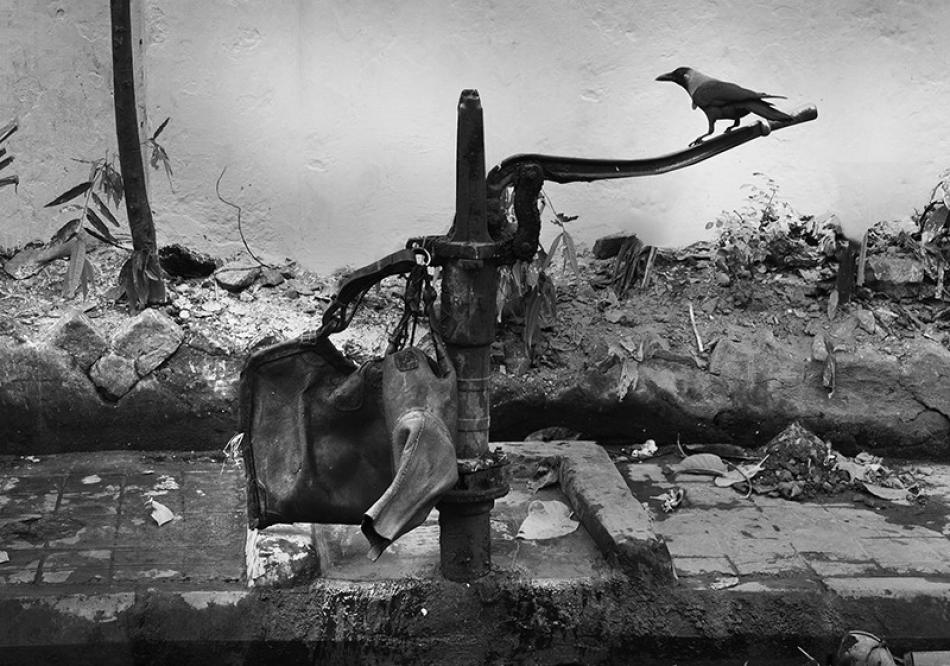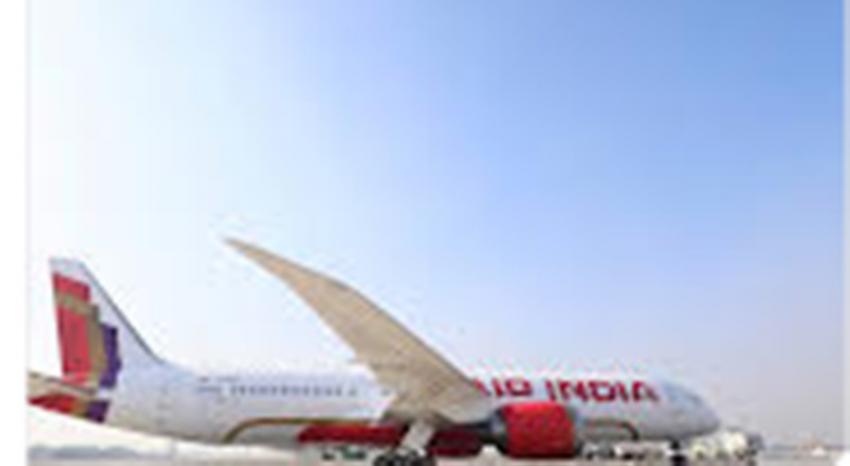NITN | @notintownlive | 27 Aug 2018, 11:26 am

Kolkata, Apr 27 (NITN): Adapted from short stories by Dibyendu Palit, Selina Hossain and Manik Bandopadhyay, the East Side Stories, directed by Mahmud Alam, is a reflection of the pain of separation that the partition of a country with shared language and culture inflicts on the people.
The play will be held on September 1 and 2 in Kolkata at JANUS, Centre for Visual & Performing Arts, at 7pm.
Director's note:
The partition of India was a traumatic experience for all, but was more so for the millions of people who crossed the borders on both sides.
It is generally accepted that the 1947 Partition of Bengal is very different from that of West Pakistan because of numerous social, political and historical reasons.
The 1950 communal riots caused a massive number of people to enter West Bengal. The very core of everyday lives of these people were so intertwined, that the wounds still continue to fester. Interestingly the westward migration has continued unabated for the last seven decades since independence.
The identity of the Bengali people, whether Hindu or Muslim, rests on their shared language, rituals & customs as well food habits & memories.
The emergence of Bangladesh as an independent nation in 1971 is proof that the partition of India on the basis of religion was wrong.
History is witness to the fact that whenever there is violent uprooting and displacement of a people, the question of gender becomes a serious issue and at the same time compulsions of survival start to take precedence over moral concerns.
Synopsis:
Her House
The story of Ayesha, who was born in Calcutta, but moved to Dhaka when East Pakistan became Bangladesh in 1971. She is returning today after three years on the invitation of a Friendship Committee.
In 1970, her family had moved to Dhaka but Ayesha had stayed back in Calcutta, in order to finish her studies. During this time she developed a strong bond with Amit. On her father’s death she moved to Dhaka for good. She had kept in touch with Amit and his family through letters.
Ayesha had written to both Amit and his mother, informing them of her impending visit. As Ayesha lands in Calcutta she is hit by a gust of memories and a strong desire to reconnect with her city of birth. She is reminded of Amit’s last letter where the words “ that particular soil in which we take root” still bothers her. The question whether the country of one’s birth was also one’s motherland always awakened a sense of rootlessness in her.
As the story unfolds we see the effect of memories on our sense of belonging and identity.
Prateek / Symbol
This story is of Pushpita, who is pregnant and on the verge of labour, crossing the river Mahananda with her husband Ali Ahmad, in a boat to East Pakistan along with several others of her village.
She struggles throughout the journey with her pain of labour as well as the pain of being evicted from the country of her birth.
As she reaches the new land, her water breaks. She wonders if other sons born on this soil will one day turn against each other…..
She names her son Prateek Ahmed, a symbol of a new hope created by a Hindu mother and a Muslim father.
The Final Solution
In the last story, we find that Mallika’s family of four, dispossessed of all their belongings, have taken shelter at a railway platform in Calcutta.
For some reason Mallika’s family have placed their faith in Pramatha and Ramlochan of ‘ Help and Welfare Society’.
As the story progresses, we see how the women are at the mercy of those ready to take full advantage of the all around collapse of norms. Exploited in every possible manner, even willingly so, they accept any offer in a desperate bid to survive.
Mallika had resigned herself to the situation when she is called to Pramatha’s house. Something snaps inside her. She believes she has found a way out - the final solution.
Venue and time: JANUS, Centre for Visual & Performing Arts, Suraiya Court, 187 Park Street, Kolkata-17; Sep 1 and 2, 2018; time : 7pm
Contact: 98369 55998
- ‘This Union budget is about building capacity, not chasing short-term consumption’
- AI will replace surgeons, coders — and billions of jobs, warns Sraddhalu Ranade at MCHD-SKC Memorial Lecture
- Religion without servility: Journalist Anshul Chaturvedi on why Vivekananda speaks to believers and atheists alike
- Culturist Sundeep Bhutoria unveils anthology When Gods Don't Matter at Jaipur LitFest 2026
- Kolkata CP urges elderly to stay alert against digital scams at ‘Pronam’ interaction
- Sona Incubations, Salem picks 17 startups for Rs 11 Mn DST investment, grant
- Visva-Bharati University unveils a transformational roadmap under Vice-Chancellor Dr. Probir Kumar Ghosh
- Sona College of Technology hosts Think Salem 2025: To spur startup opportunity from Tier-2 Cities
- ACM India unveils National AI Olympiad 2026 to spot school talent for global AI stage
- Reject Macaulayan education, reclaim Indian values: H M Bangur’s big World Hindu Economic Forum pitch
Gurgaon : Air India, India’s leading global airline, has unveiled a completely refreshed beverage collection, one that brings together some of the world’s most celebrated wines and spirits at 35,000 feet on international routes.
Indian airline major Air India today announced a significant enhancement to its popular Mumbai-Frankfurt route, with the deployment of its newly delivered, first line-fit (or made-for-Air India)
Saudia, the national flag carrier of Saudi Arabia, and Air India, India’s leading global airline, have signed a codeshare agreement that will take effect in February.





